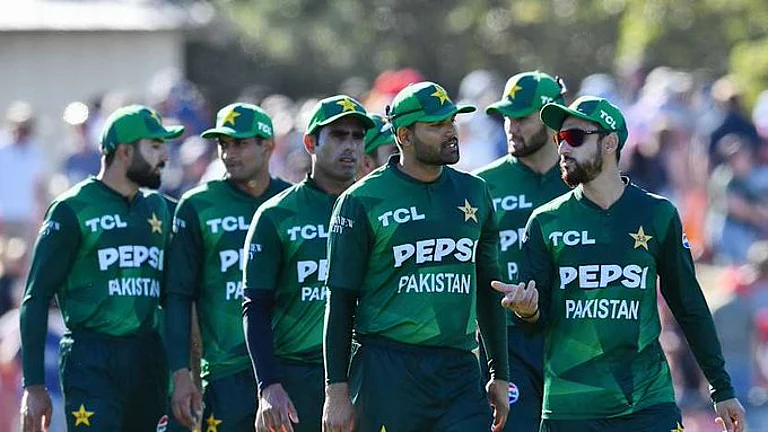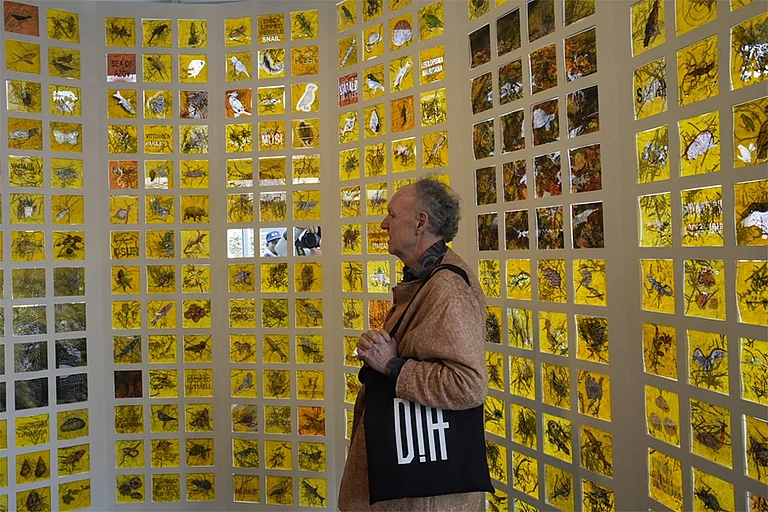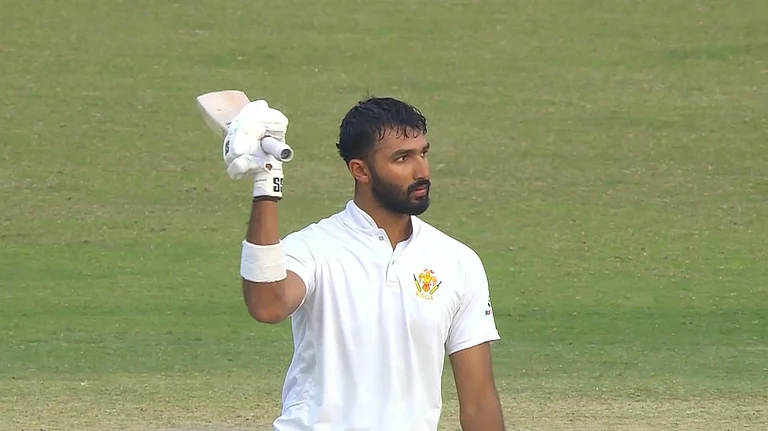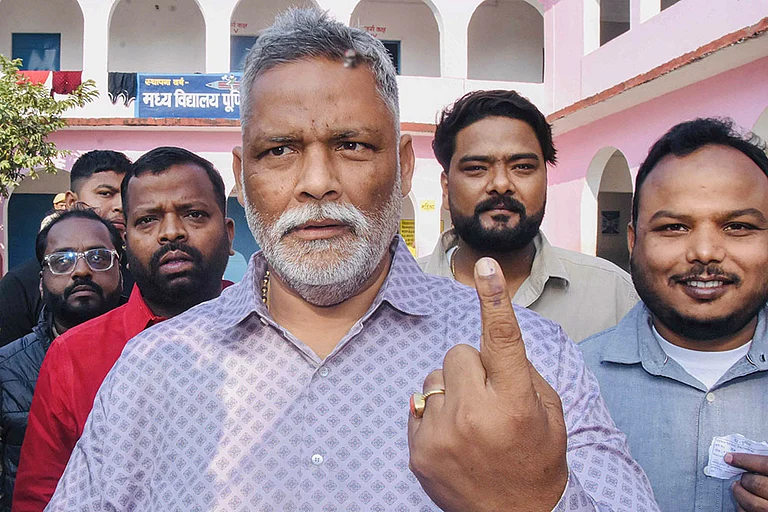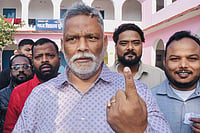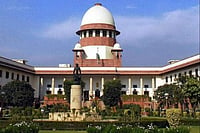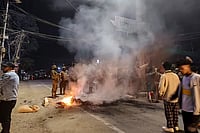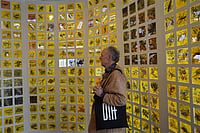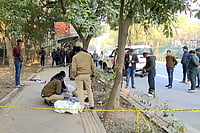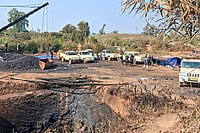The G-20 leaders on Wednesday adopted Prime Minister Narendra Modi's message on Ukraine War and said "today's era must not be of war" in their joint declaration.
Earlier in September, Modi told Russian President Vladimir Putin that "today’s era is not of war" during their bilateral meeting on the sidelines of the Shanghai Cooperation Council (SCO) in Samarkand, Uzbekistan. The statement was widely appreciated in the West.
G-20 leaders in Bali called for an immediate end to the Ukraine conflict.
"The peaceful resolution of conflicts, efforts to address crises, as well as diplomacy and dialogue, are vital. Today's era must not be of war," said the joint declaration released after the G-20 Summit.
"It is essnetial to uphold international law and multilateral system that safeguards peace and stability...The use of threat of use of nuclear weapons is inadmissible," said the G-20 joint statement, also noting that United Nations (UN) charter should be upheld.
India played a key and critical role in bringing consensus amongst all countries on the statement, people familiar with the matter told PTI, who added that India worked in partnership with all developing countries and emerging markets to draft the final statement and the preamble to the statement.
India emerged as a leader, solution provider and consensus builder through its positive and constructive approach, said the people in the know.
"The meeting was held under challenging circumstances, as the war in Ukraine continues and its impacts are felt by countries beyond Europe. Members expressed deep concerns about the humanitarian crisis, economic and financial impacts of the war, and called for an end to the war as soon as possible," said the declaration.
It said many member countries condemned the war as unprovoked and unjustifiable, and a violation of international law.
"Few members expressed that G-20 should be faithful to its own mandate and ensure the discussions focus on economic impacts and take a comprehensive and balanced approach. Some members expressed concerns about the economic consequences of sanctions," it added.
Since the Ukraine conflict began in February, Modi has spoken to Putin as well as Ukrainian President Volodymyr Zelenskyy a number of times.
In a phone conversation with Zelenskyy on October 4, Modi said that there can be "no military solution" and that India is ready to contribute to any peace efforts.
India has not yet condemned the Russian invasion of Ukraine and it has been maintaining that the crisis must be resolved through diplomacy and dialogue. This stance, coupled with the continued Indian purchase of oil, has attracted flak from the West.
(With PTI inputs)







